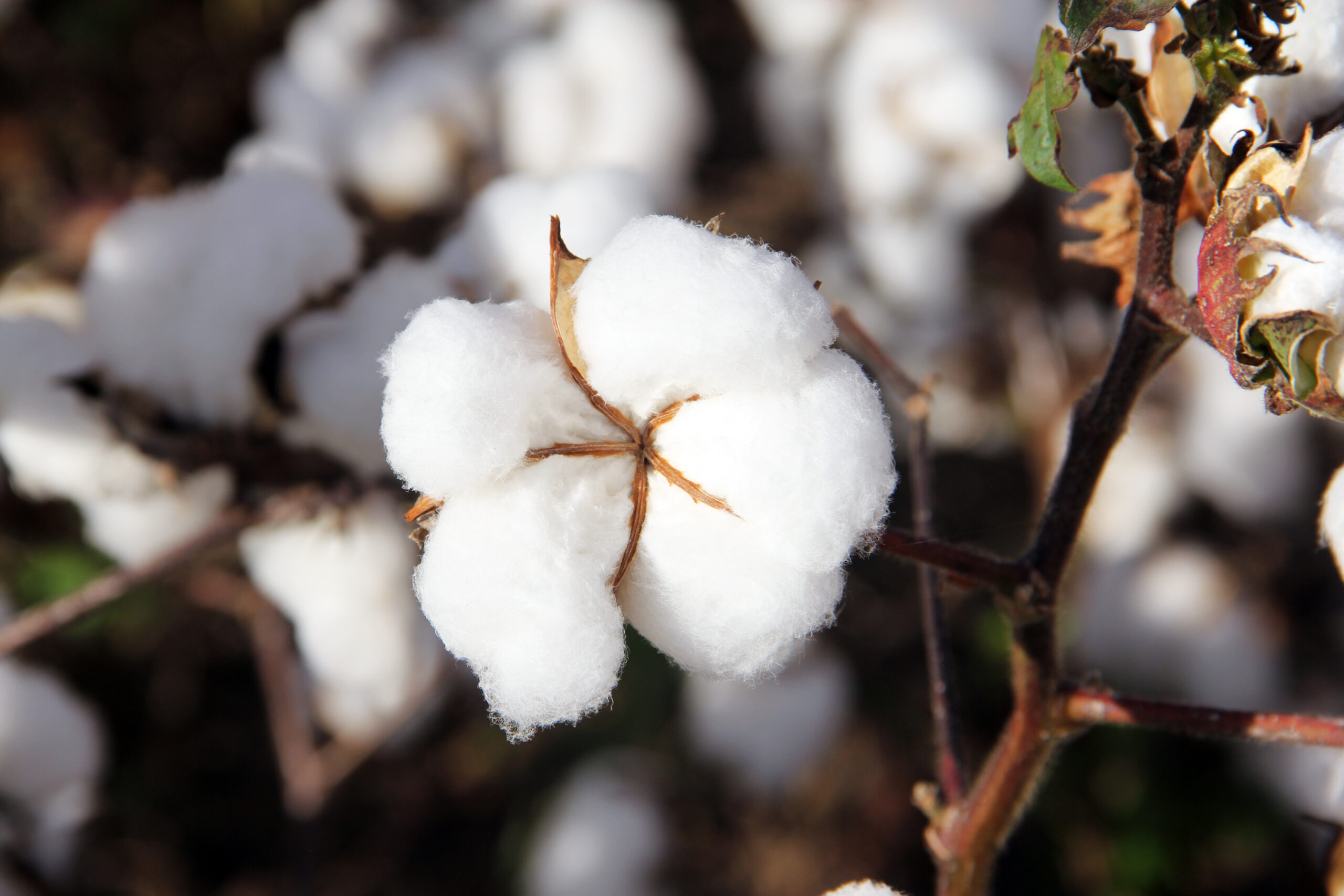
World Cotton Day is celebrated annually on October 7th. It was established by the United Nations (UN) in 2019 to raise awareness about the importance of cotton as a natural resource, its contributions to economic development, and its role in reducing poverty in many producing countries.
Through the Centre of Excellence against Hunger in Brazil, the World Food Programme (WFP), world’s largest humanitarian agency dedicated to fighting hunger and promoting food security, has been implementing the Beyond Cotton project in African countries since 2022. This initiative is being carried out through a partnership with the Brazilian Cooperation Agency (ABC) and the Brazilian Cotton Institute (IBA).
The project aims to promote the use of cotton by-products and intercropping, improving the income and food and nutritional security of small cotton producers, in collaboration with public institutions and in the context of South-South cooperation.
The idea is to encourage the disposal of cotton by-products and intercropped crops to improve the income of small producers and promote improvements in their food and nutritional security, together with small cotton producers and public institutions through South-South cooperation.
The project has technical field teams in the countries and the technical support of the Brazilian Cooperating Institutions, such as the Federal University of Lavras (UFLA), the Federal University of Campina Grande (UFCG) and the Federal University of Western Bahia (UFOB).
Mozambique
In Mozambique, the project aims to encourage the production and marketing of cotton by-products, encourage the marketing of ancillary food crops, and promote access to food with a high nutritional value. In the 2023 agricultural season, the small farmers assisted by the project cultivated a total area of 341.63 hectares, around 1.51 hectares more than the national average production area for small producers (1 hectare).
The associations produced around 60.5 tons of food (sesame, sorghum, corn, peanuts, beans, and soybeans) and cotton, the crop with the highest production, around 20 tons. The cotton produced was marketed, with the Cotton and Oilseeds Institute of Mozambique helping to identify the buyer and the WPF transporting the production to the villages. Food crops were marketed locally, especially sesame, through the WFP’s Farm2Go app.
Tanzania
In Tanzania, the project, which ended in 2023, promoted the use of small agricultural machines and implements to improve the capacities of cotton producers in the production and distribution of by-products and intercropped food crops. It has also contributed to food and nutrition security and the creation of healthy eating habits through practical workshops on food and nutrition education for adults and children, reducing food waste, the use and construction of ecological stoves and water filters for human consumption.
The project also carried out various technical trainings with government research and extension institutions focusing on sustainable agriculture and food post-harvest.
Benin
In Benin, the actions seek to improve the nutritional and cognitive status of schoolchildren, strengthen the local economy, increase the production of food crops associated with cotton according to quality standards, and facilitate the marketing of cotton rotation food crops for school meals.
These interlinked goals aim to create a positive impact on children’s health and education, while promoting the agricultural and economic development of communities. In 2023, training on increasing the production of rotational food crops with cotton and quality standards to meet school demand carried out with cooperatives made it possible to purchase 7,600 tons of white corn, mobilizing more than 70 cooperatives.
Throughout 2023, three training modules on syntropic agroforestry systems were carried out with small farmers in the country, through the installation of a 0.5hectare demonstration area, with the harvest of 14 kilos of beans, 11 kilos of yellow peas, four kilos of soybeans and 63 kilos of corn.
The school community has been involved in food and nutritional education about quality control of food from the field to the table, improving the quality of the meals served at school, playful activities about food and nutritional safety with schoolchildren, the nutritional value of meals, food groups and the construction of a school menu with the lunch ladies.
Impacts
The Beyond Cotton project demonstrates how integrated initiatives in the field of food security and rural development can have a positive impact on agricultural production, food security and local economic development, in line with the objectives of World Cotton Day.
This year, on the occasion of the World Cotton Day celebration, the Brazilian Cooperation Agency (ABC) took part in the World Cotton Day in Africa event, held from October 6 to 8 in Benin, where it presented South-South cooperation projects to promote the strengthening of the cotton sector in various initiatives, including the Beyond Cotton Project.




